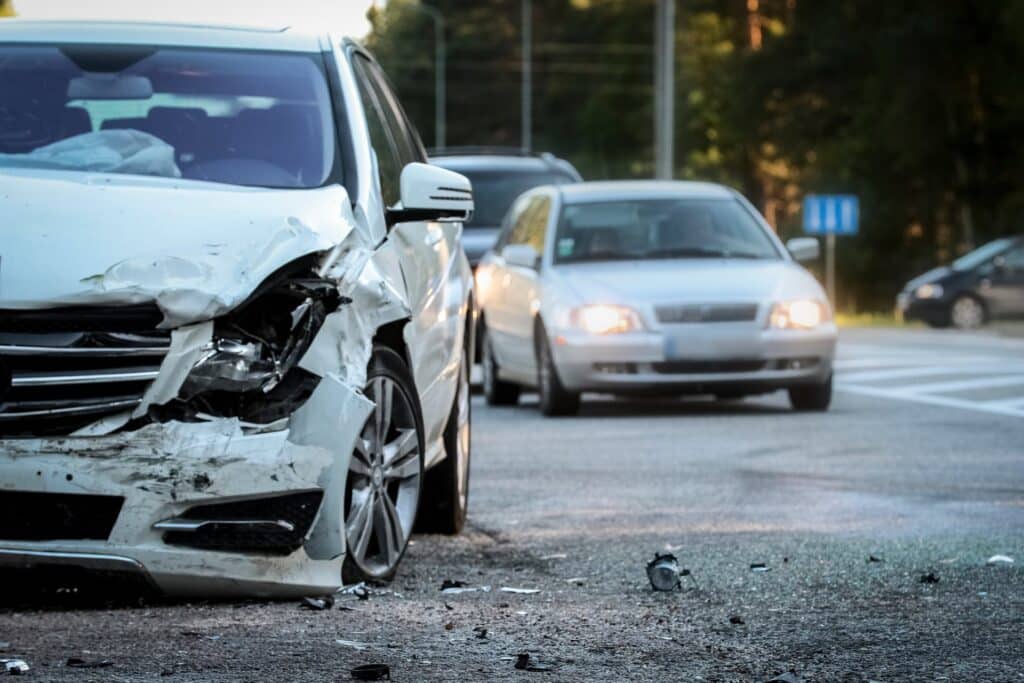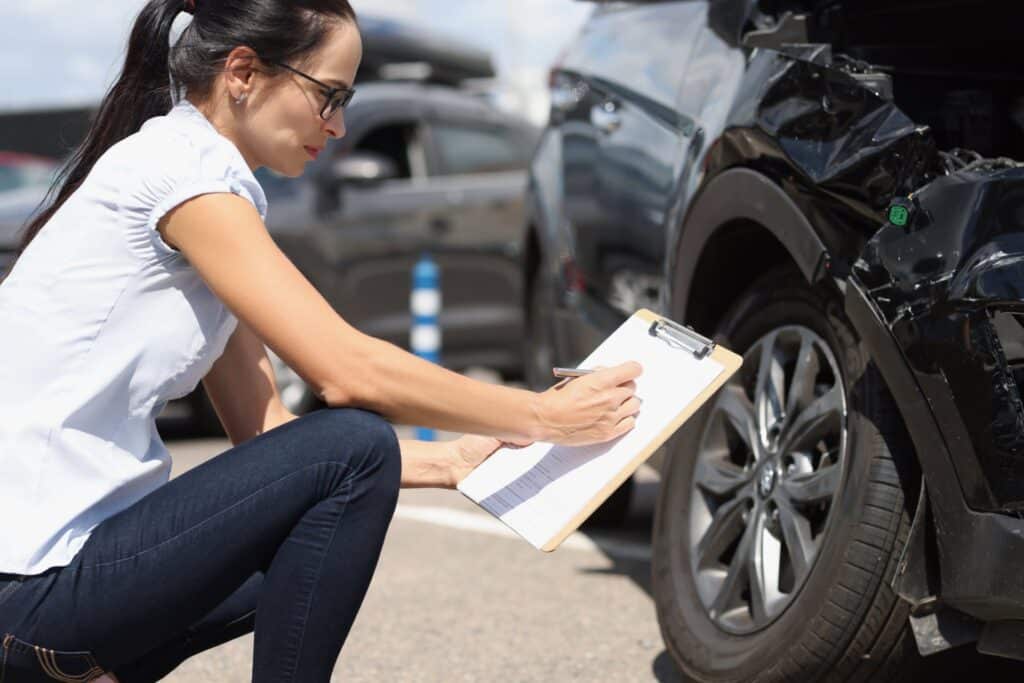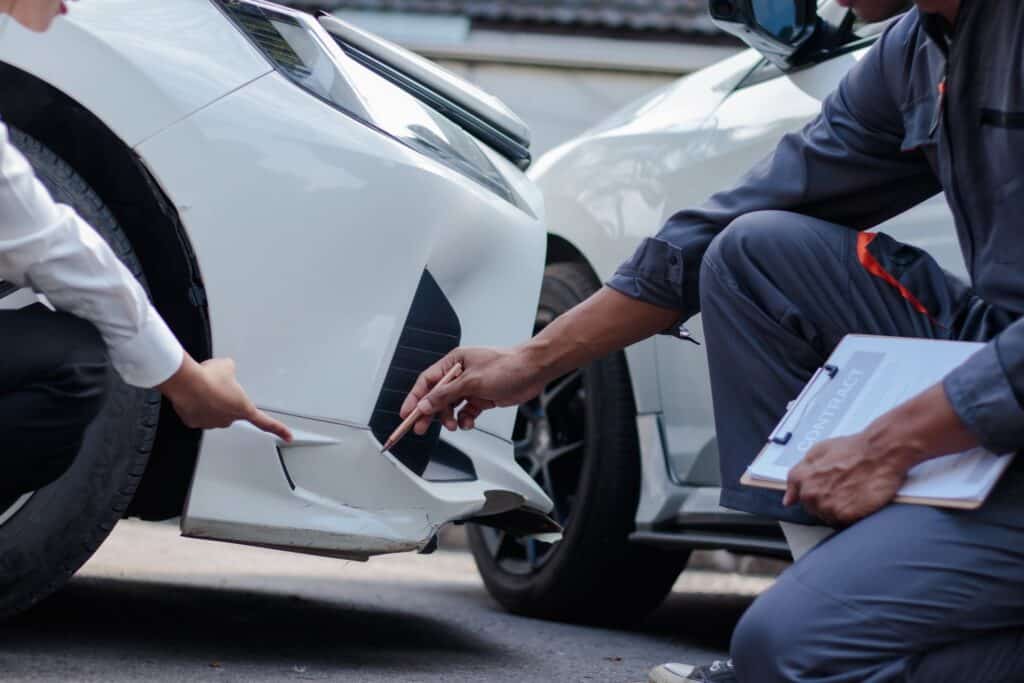If you are in a car accident, you are entitled to compensation from the at-fault party. The liability insurance required for all Washington drivers is designed to cover medical costs and property damage if a negligent or reckless driver injures you. Unfortunately, insurance companies work aggressively to limit the amount of compensation they are required to pay. One tool that they use is to attempt to assign some percentage of blame to the accident victim. They will even go so far as to downplay the extent of your injuries to protect their claim. Therefore, it is important to know how to deal with insurance representatives after an accident. In this article, we’ll discuss just that.
Be Aware Of Their Goals
Insurance adjusters are obviously not evil or malicious people. They are simply employees of a large company tasked with watching out for their bottom line. They look out for the company’s best interest, not yours. This is even the case when dealing with a representative of your own insurance company. If you have additional insurance coverage, such as uninsured driver insurance or personal injury protection, your own insurance adjuster will attempt to find a way to pay out as little as they are legally able. Therefore, you should not think of them as malicious people, but neither should you think of them as being on your side. It is highly recommended that you allow your attorney to interact with them on your behalf. Since the adjuster is looking out for their company’s interest, you should let your lawyer look out for yours.
Don’t Admit Fault
Washington State operates under the principles of comparative negligence. Multiple parties can be held responsible for a car accident. Under comparative fault principles, a driver found to be primarily at fault for an accident can have their damages reduced by whatever percentage the other driver is found to be at fault. Here’s an example:
Suppose you’re at a 4-way stop, and a driver ignores their stop sign and collides with your vehicle. In most cases, the other driver will be responsible for all the property and personal injury damages that you suffered as a result of that accident.
Now imagine the same scenario, but after the accident, you speak with the other driver, and you say something along the lines of, “Oh, I’m sorry too; I was looking at my phone for a second.”
The other driver is still at fault for the accident, but you could also be partially responsible under the principles of comparative fault. Ultimately, a court or jury will decide how much your damages should be reduced due to your actions. If your jury decides that your distracted driving was “a” cause of the accident and further decides that the other driver was 75% at fault and you were 25% at fault, then your recoverable damages will be reduced by 25%.
This example illustrates why it’s so important to never admit fault after an accident. Don’t admit fault to the other driver, to the police, or to the insurance adjuster when they call you days later. If you think you might be partially responsible, discuss this with your attorney and let them address that issue and speak on your behalf.
Don’t Give A Statement Until You Are Ready
It is a common practice of insurance adjusters to request you give them a statement right away. By asking you about your accident while you’re still reeling from the incident, the adjuster may have an easier time extracting information from you. They will use these candid moments to find reasons to reduce your settlement or deny your claim. You are under no obligation to give a statement to an insurance company in the first few days following your accident. As always, it is best to speak with your attorney before making an official statement.
You should also know the difference between your adjuster and the adjuster for the other vehicle involved in an accident (we call this other adjuster the “third party adjuster”). It is important to recognize that while you probably have certain duties to cooperate with your own insurance adjuster, you don’t owe any obligations to the third-party adjuster. Similarly, your own adjuster owes you certain duties – most important, a duty to act in good faith toward you. But the third-party adjuster owes you no such duties. Be extremely cautious in your communications with a third-party adjuster!
Don’t Accept Their First Offer
Another tactic insurance adjusters may employ is to offer you a lowball settlement before all of your damages are apparent. Your injuries may require lengthy physical therapy, and the adjuster would like you to agree to a settlement before you become aware of that information. Don’t accept the first offer an insurance company gives you. Instead, allow your attorney to negotiate for you.
At NBF Accident Law, we fight purposefully on your behalf until your side of the story is told. Call us today at (206) 923-8888, and let us help you achieve the best possible results following your auto accident.








